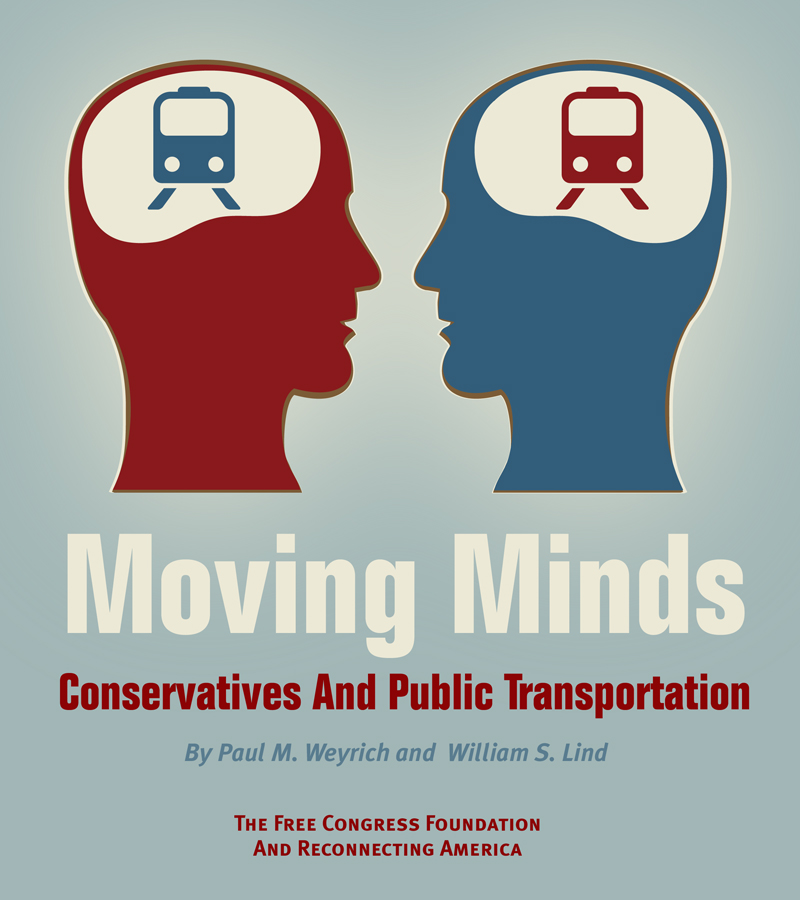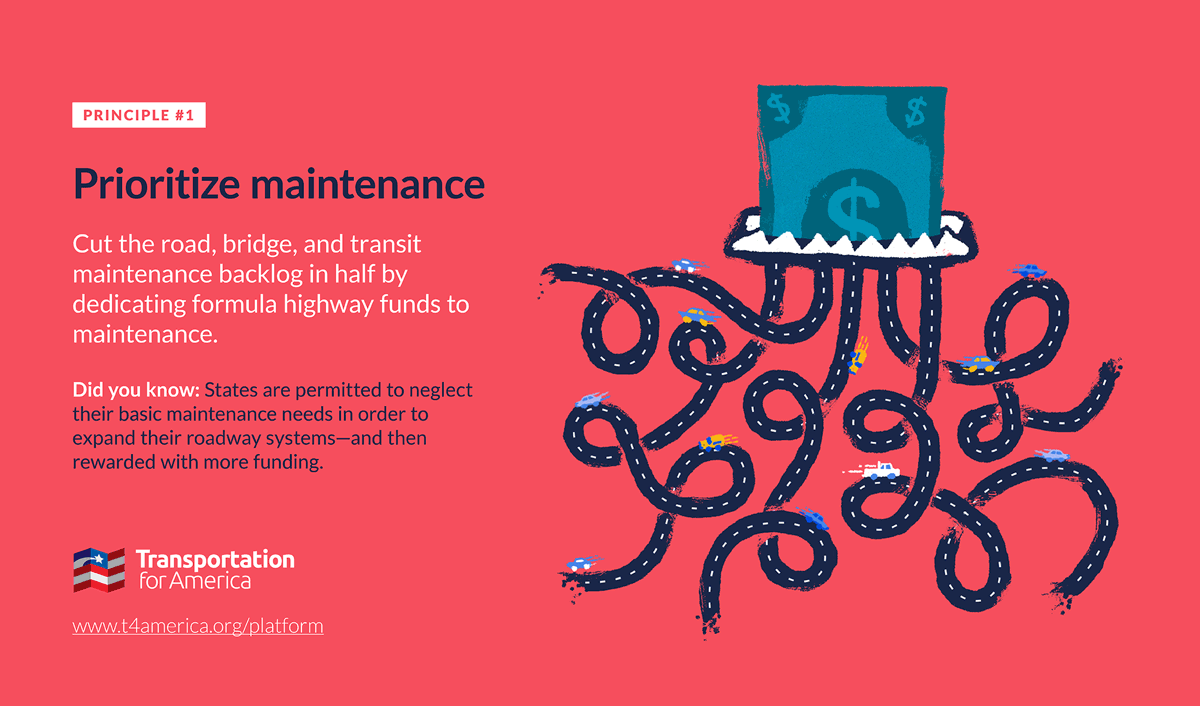Conservatives and public transportation; join us for an upcoming debate
 |
| Sign up to listen to the free online debate. |
UPDATED: This session has been rescheduled for 12/14. If you already signed up with the link below, you won’t need to do a thing, and should get an email from us about the change.
Everyone has to get from point A to point B at some point each day. Though most people don’t rate it as one of their most important issues, transportation is something that affects everyone, whether we realize it or not.
If you are not convinced that the need for transportation reform is an issue that transcends labels and partisanship, you’ll definitely want to join us for what should be an interesting online debate/discussion on Monday, December 7 December 14. A handful of experts from differing perspectives are going to discuss the viewpoints shared in a recent book by William Lind and the late Paul Weyrich called “Moving Minds: Conservatives and Public Transportation.”
William Lind, one of the book’s co-authors, will be expanding on the arguments made in his book; that public transportation is something conservatives should embrace, because it can protect national security, promote economic development, support tight-knit communities and reduce congestion; and how many libertarians and conservatives often ignore the fact that our interstate highway system has been a massively subsidized project, made possible only through heavy government intervention.
Sam Staley, a critic of mass transit who serves as director of urban and land use policy at the libertarian Reason Foundation, will provide an alternative perspective to Lind. We’ll also have John Robert Smith, president and CEO of Reconnecting America and former mayor of Meridian, Mississippi; and Bill Millar, president of the American Public Transportation Association (APTA).
Join us online for the debate on Monday, December 7 December 14 at 3:00 p.m. (Eastern)
The tone of the book by Lind and Weyrich, published jointly by the Free Congress Foundation and Reconnecting America, is perhaps best captured by former Wisconsin Governor Tommy Thompson, a Republican, who writes in the forward: “why do academic conservatives seem to believe that all transit is bad, when as a real-world conservative, I know it isn’t?”
Weyrich and Lind do a thorough job of knocking down myths peddled by some right-wing groups, like the “decline” of bus and light-rail. Many of these numbers are attributable to policy choices that gave preference or hefty subsidies to the automobile. Building codes and tax policy, for instance, have effectively subsidized auto-oriented growth for decades.
The authors are also unafraid to take a jab or two at some of the libertarian think tanks that regularly oppose funding for public transportation. Many of these critics decry support for light rail and bus systems as “subsidies,” but when offering their own proposals, often ignore the evidence that building more interstates or highways requires massive government support as well.
While critics like to label light rail projects as social engineering, it is hard not to look at our current transportation system without coming to the same conclusion, Weyrich and Lind argue.
“In no other society in history have places to live, places to work and places to shop been separated from one another, separated so widely that you need a car to get from one to another.”
There’s a old argument that transit must be a waste of money, because it carries only a small percentage of all trips. As Lind points out in the Streetfilms video below, the critics are disingenuously comparing apples to oranges. 1/2 of all Americans have no access to transit. And of the half that do, 1/2 of those say that the service is inadequate or unsatisfactory. If you break it down to a corridor where transit is available as a viable option to automobile travel (“transit competitive trips, as Lind calls it”), public transportation may be carrying a number closer to 40% of the total trips.
Weyrich and Lind make a thorough economic case for public transportation, offering superb guidance for making a compelling case to a conservative for supporting public transportation. But they also introduce a cultural element that is equally compelling. To them, reviving downtown streetcars or beefing up bus service does more than bring people to their destination and fuel development. It adds “flavor” and lifeblood to urban centers, spawning community. This may be a conservative sentiment, but it’s one that appeals to a broad audience.
Streetfilms had a chance to interview William Lind at the recent Rail~Volution conference in Boston about his book and produced this terrific short video that is a must-watch.
Stephen Lee Davis contributed to this post.




















Pingback: Conservatives and public transportation; join us for an upcoming debate | Alliance for Public Transporation
Pingback: Streetsblog Capitol Hill » Bus vs. Rail: Transit’s Quiet Culture Clash?
Pingback: Streetsblog San Francisco » Bus vs. Rail: Transit’s Quiet Culture Clash?
Pingback: Streetsblog New York City » Bus vs. Rail: Transit’s Quiet Culture Clash?